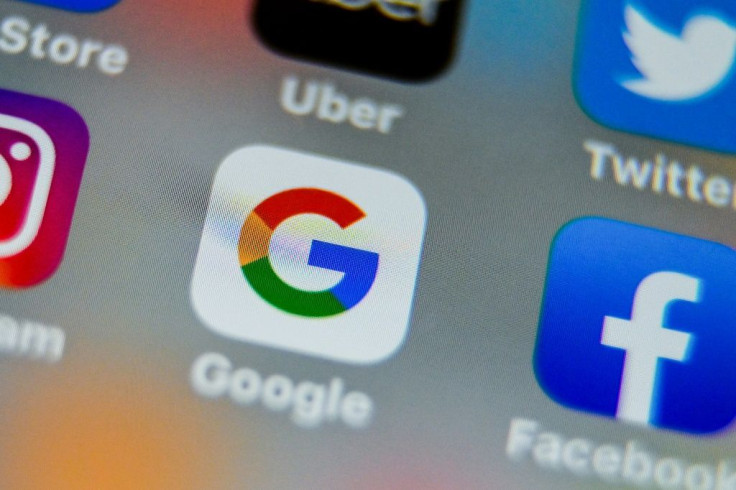As US Privacy Regulations Gain Momentum, What Will Be The Immediate Impact On Consumers?

The global call to establish overarching laws that protect consumers and their personal data rights is nearly unanimous, yet there are a few countries still figuring out how to deal with these new realities around privacy.
Out of 195 countries in the world, there are five that have chosen to forego federal privacy laws: Venezuela, Libya, Sudan, Syria, and the United States. One reason for the U.S. delay may be the push back from Big Tech, who are trying to draft new laws on their own terms. While some private institutions in the U.S. choose to push back against similar regulations that are imposed by the majority of the world, other countries such as Great Britain and the EU are choosing to lean into a more stringent set of rules.
The General Data Protection Regulation (GDPR), a groundbreaking law that was introduced in the EU nearly two years ago, offers the most regulated policies in the world. The GDPR dictates the legality of the methods used to obtain and disseminate personal data, creating the blueprint that most countries now use as their north star for privacy policy. While clearly falling behind the pack in the race toward fair use of data, the U.S. is hardly without its champions.
Recently, United States Senator Kirsten Gillibrand announced a landmark privacy legislation, the Data Protection Act, which would lead to the creation of a federal agency instituted to offer full transparency in data use, and provide a new layer of safety when it comes to the digital privacy of Americans. This new bill is the first real indication that the U.S. is starting to get serious about consumer data, and according to Gillibrand; “We cannot allow our freedoms to be trampled over by private companies that value profits over people.”
How the lawmakers are reacting to the new regulatory landscape
Scrambling to infuse a net of safety over the data of its residents, California introduced the California Consumer Privacy Act (CCPA) in January 2020. The CCPA sets an important template for the U.S. to build its own overarching regulations. CCPA allows all California consumers the ability to not only see the information a company may have filled about them, but also a comprehensive list of third parties that may also have their data.
Present day in California, Governor Gavin Newsom is working tirelessly to promote Data Dividends — a system where private companies would appropriately compensate citizens for their data. While it may seem novel to be paid for your data, this initiative harkens back to a time where the average American invited Nielsen into their home and provided a host of demographic information in return for a small payment.
Tech giants like Apple and specifically Google, whose Chrome browser maintains approximately 70% of the worldwide browser market and is set to eliminate the use of third party tracking by 2022, are now hard at work on developing their own protocols within the privacy sphere.
While the United States is amongst a small number of countries abstaining from standardized privacy laws, it is, in contrast, the largest data market in the world thanks to companies like Facebook, Google and countless publicly traded data management platforms (DMPs) such as LiveRamp, Oracle, and Salesforce, to name a few. While impossible to provide a definitive number, some estimate the U.S. data market to be worth over 100 billion dollars per annum.

So, with so much money at stake, how do we as consumers pivot this one-sided money grab?
Empowering consumers to take control over their personal data
The days of collecting and monetizing data unbeknownst to the consumer are quickly coming to an end. The challenge in the market today is that the tech industry has been doing this for so long that there are no companies providing any real alternatives. As a consumer, if you don’t like Facebook’s data policies your only recourse is only to delete Facebook, which is not a great compromise for consumers.
For the incumbent data providers, who are well aware of the privacy challenges they face, changing their policies to include the consumer would require them to acknowledge their current data collection and monetization practices - which none of them want to do for fear of either a coup inside of their platform or a PR disaster. As a result, consumers are stuck in limbo, dependent on platforms with no control over how their data is being used. Until new data companies enter the space that put the consumer at the foundation of their solution this isn’t going to change.
The future of personal data is dependent on a true "fair-trade" market where both consumers and buyers have visibility on the entire value chain. If widely accepted, the accumulation and redistribution of wealth away from Big Tech’s walled gardens back to the consumer can lead to a more balanced ethical solution where everyone benefits.
Recently, Hitwise, an online insights platform, shut down when their "supplier" (a large publisher) decided it did not want to sell the consumer info collected from their site any longer. A week later Hitwise was bankrupt. This was on the heels of another company, Jumpshot Media, another analytics firm, that was shut down by its parent Avast when it was revealed that it too was selling private consumer data to major advertising companies via its antivirus software.
Big changes in U.S. privacy policy are on the horizon
While too early to predict how the revenue from data sales will be distributed in the future, it’s clear that change is necessary. It’s also clear that there is a growing force demanding change for the social good; brand pillars built around sustainability initiatives are a consistent thread woven into the ethos of the modern startup. It seems as though the U.S. is simply waiting for the "Robin Hood" of fair equity in data collection, and that new companies and programs like Data Dividends are already on horseback, confident in leading the charge.
The movement to create stricter privacy laws in America is just beginning to heat up. If consumers can start to get a handle on the variables and nuances surrounding their personal rights, it will go a long way towards creating an unbiased data exchange that’s fair and neutral for everyone.
(Neil Sweeney is the CEO of Killi, a consent management platform)
© Copyright IBTimes 2025. All rights reserved.





















